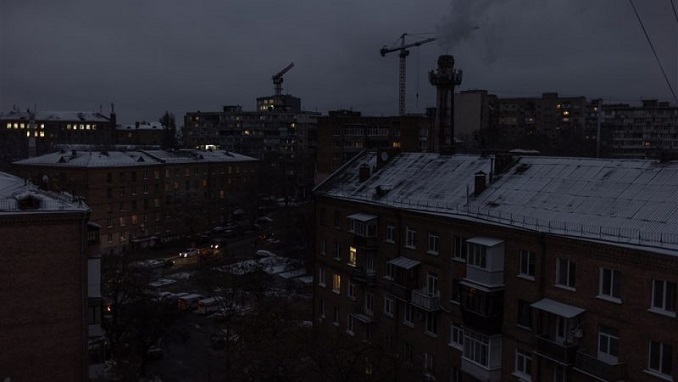NATO and European countries are intensively looking into how to provide Ukraine with more emergency equipment before the winter starts as Russian deliberate missile attacks on civilian infrastructure have left Ukrainians deprived of heat, light, and food.
According to the estimates by the World Health Organization, (WHO), millions could leave their homes as a result of the attacks on infrastructure that could have life-threatening consequences.
Calling the situation a horrific start to the winter for Ukraine NATO Secretary-General Jens Stoltenberg, warned Friday that the majority of the country has been left vulnerable during winter due to the risk that the waves of Russian missile strikes pose on Ukraine’s power, heating, and water supplies risk.
As Moscow appears set to continue its attack on Ukraine’s critical infrastructure (power, water, and heating), it appears that the coming season will be especially challenging in Ukraine, where winters tend to be very cold, with below 0°C temperatures.
Thanking members for the contributions provided, Stoltenberg confirmed that the alliance has been delivering fuel, medical supplies, and winter equipment to Kyiv, announcing new calls for more non-lethal aid when alliance foreign ministers meet in Bucharest next week. NATO members will also discuss sending more equipment to enable Kyiv to counter Russia’s increasing number of drone operations to hit civilian targets with unmanned kamikaze weapons.
The aim of the call is to secure power generators, winter clothing, and other needed non-lethal equipment ahead of a donor conference that French President Emmanuel Macron will host in Paris on December 13 and the EU’s efforts to transport power grid equipment to Ukraine.
The European Commission announced last week it will provide Kyiv with generators, temporary cold-weather shelter, and electricity grid-repair kits to help it tide over the winter.
At the same time, senior EU officials have accused Washington of capitalizing on the Ukraine conflict and the EU’s economic problems, angry at the administration of US President Joe Biden for profiting from the conflict the most by selling more weapons and more gas and at higher prices.
